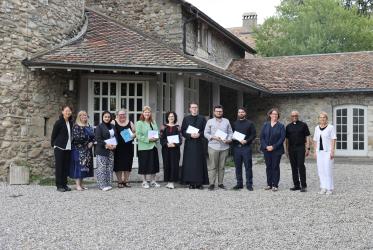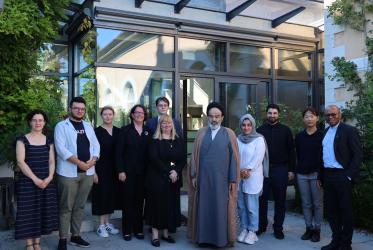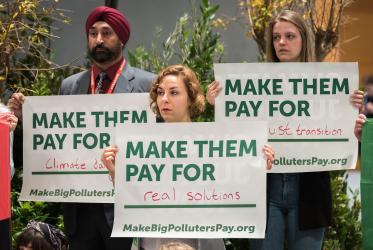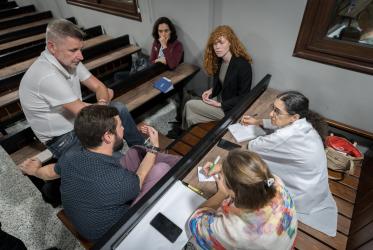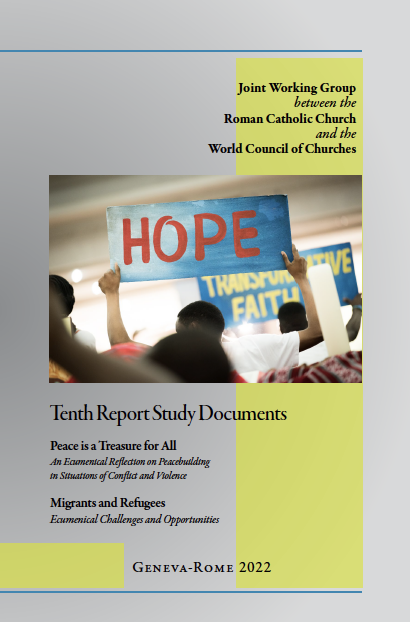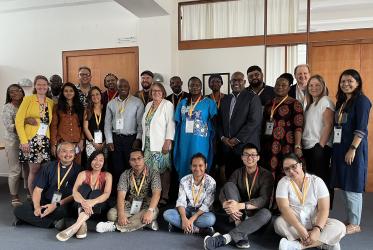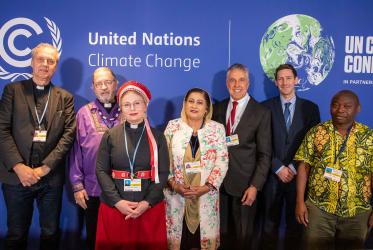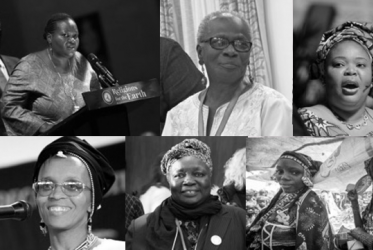Displaying 1 - 20 of 105
Pan-African Women of Faith and the Vision of Christian Unity, Mission, and Justice
01 November 2023
Tenth Report Study Documents
19 August 2022
GEM School grounds economic justice biblically
06 July 2022
Rethinking Ecological Relationships in the Anthropocene era
11 - 13 February 2021
Bossey students testimony
26 June 2020

